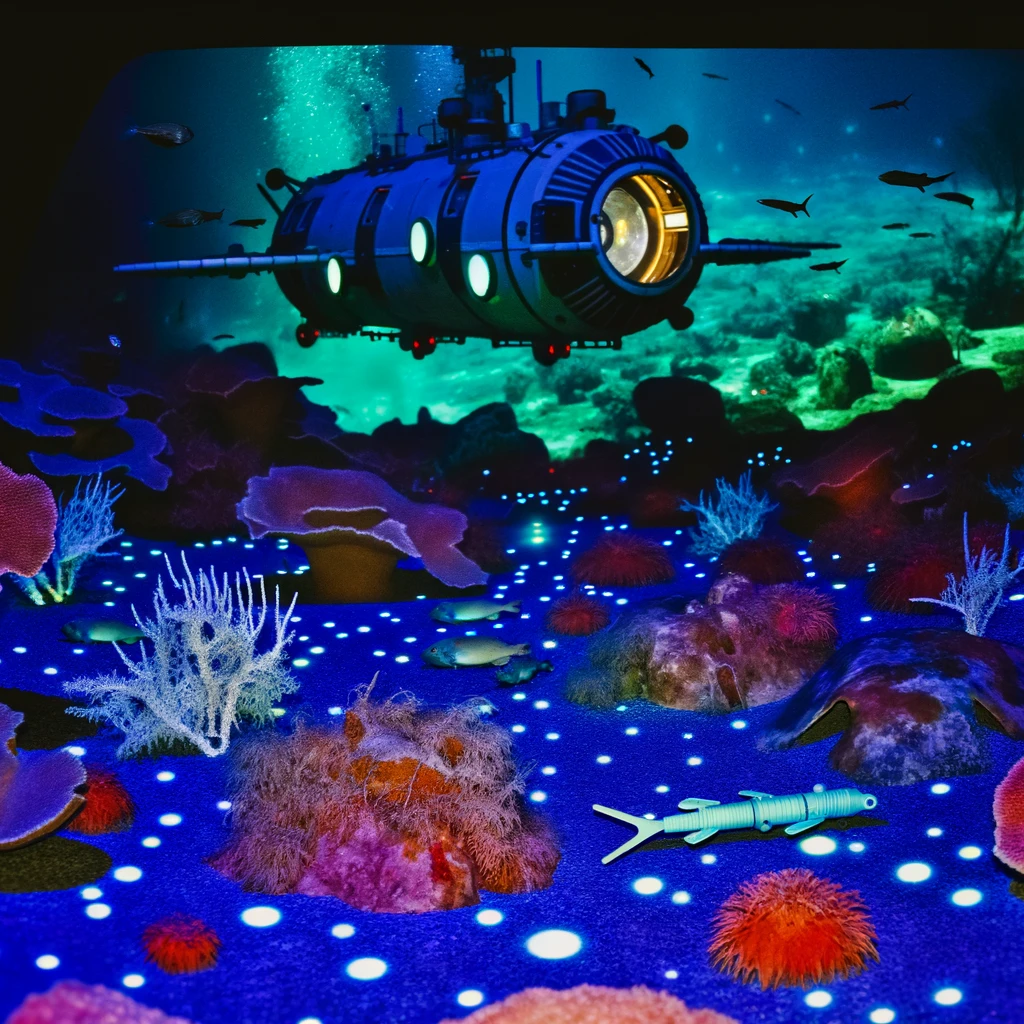
Ocean Depths Explored: Discovering the Secrets of the Sea
The ocean, covering more than 70% of our planet's surface, remains one of Earth's most enigmatic frontiers. With depths reaching up to 36,000 feet, the vast underwater world is home to mysteries that have intrigued scientists and explorers for centuries. As we delve into the ocean's depths, we uncover not just the wonders of marine life, but also the challenges and innovations in ocean exploration.
The Mysteries of the Deep
The ocean's depths, known as the abyssal zone, are characterized by extreme conditions. With no sunlight penetrating beyond 1,000 meters, this region is shrouded in darkness, and temperatures hover just above freezing. Despite these harsh conditions, life flourishes in forms that defy our understanding.
Biodiversity in the Abyss
From bioluminescent creatures to unique species like the anglerfish and the giant squid, the abyssal zone is a hotspot of biodiversity. These organisms have evolved remarkable adaptations to survive in the deep sea's high-pressure environment. Bioluminescence, for example, is used for communication, predation, and defense.
Technological Advances in Ocean Exploration
Advancements in technology have revolutionized our ability to explore the ocean depths. Submersibles and remotely operated vehicles (ROVs) have enabled scientists to reach previously inaccessible areas, capturing stunning footage and collecting valuable data.
ROVs and Submersibles
Remotely operated vehicles are equipped with cameras, sensors, and robotic arms, allowing researchers to explore the ocean floor and interact with marine life. Submersibles, on the other hand, can carry human passengers, providing firsthand experiences of the deep-sea environment.
The Importance of Ocean Exploration
Understanding the ocean's depths is crucial for several reasons. It can lead to discoveries that have implications for medicine, climate science, and resource management. For instance, marine organisms have been the source of new antibiotics and other pharmaceuticals.
Climate Change and the Ocean
The ocean plays a pivotal role in regulating the Earth's climate. It absorbs vast amounts of carbon dioxide and heat, influencing weather patterns and global temperatures. Studying the ocean's role in climate change is essential for developing strategies to mitigate its impacts.
Challenges and Future Directions
Despite technological advances, ocean exploration faces significant challenges. The immense pressure, cold temperatures, and corrosive saltwater environment make it difficult to design equipment that can withstand such conditions. Furthermore, the vastness of the ocean means that much of it remains unexplored.
Looking Ahead
The future of ocean exploration looks promising, with ongoing advancements in robotics, artificial intelligence, and data analysis. International collaborations and increased funding are crucial for continuing to unlock the secrets of the sea.
As we push the boundaries of exploration, we not only broaden our understanding of the ocean but also ignite a sense of wonder and responsibility to protect this vital part of our planet.
Related Articles





